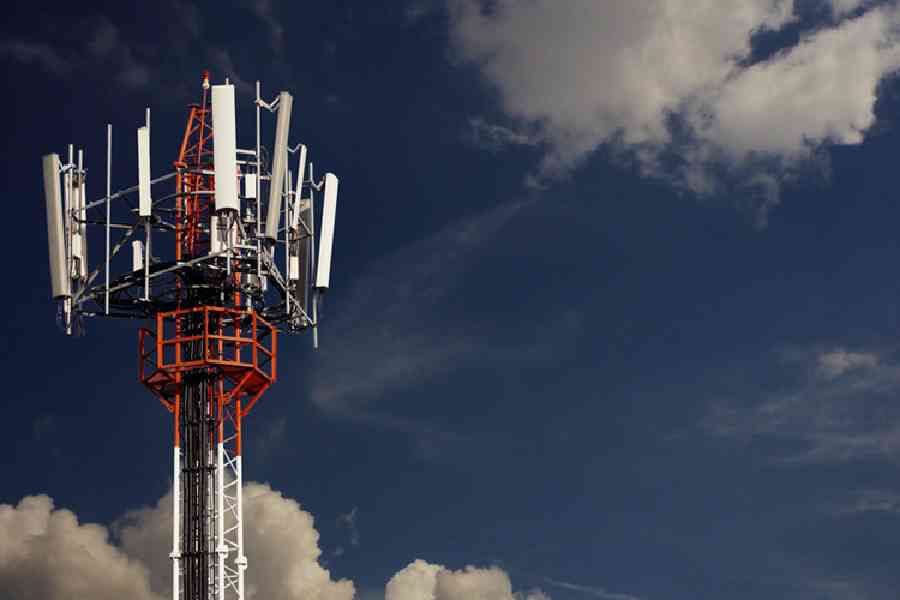Government offices in Iran are closed or operating at reduced hours. Schools and colleges have moved to online only. Highways and shopping malls have descended into darkness, and industrial plants have been denied power, bringing manufacturing to a near halt.
Although Iran has one of the biggest supplies of natural gas and crude oil in the world, it is in a full-blown energy crisis that can be attributed to years of sanctions, mismanagement, ageing infrastructure, wasteful consumption — and targeted attacks by Israel.
“We are facing very dire imbalances in gas, electricity, energy, water, money and environment,” said President Masoud Pezeshkian in a live televised address to the nation this month. “All of them are at a level that could turn into a crisis.”
While Iran has been struggling with issues with its infrastructure for years, the President warned that the problem had reached a critical point.
For most of last week, the country was virtually shut down to save energy. As ordinary Iranians fumed and industrial leaders warned that the accompanying losses amounted to tens of billions of dollars, Pezeshkian could offer no solution other than to say he was sorry.
“We must apologise to the people that we are in a situation where they have to bear the brunt,” Pezeshkian said. “God willing, next year we will try for this not to happen.”
Officials have said the deficit in the amount of gas the country needs to function amounts to about 350 million cubic meters a day, and as temperatures have plunged and demand has spiked, officials have had to resort to extreme measures to ration gas.
The government faced two stark choices. It either had to cut gas service to residential homes or shut down the supply to power plants that generated electricity.
It chose the latter, as turning gas off to residential units would come with serious safety hazards and would cut off the primary source of heat for most Iranians.
“The policy of the government is to prevent at all costs cutting gas and heat to homes,” Seyed Hamid Hosseini, a member of the Chamber of Commerce’s energy committee, said in a telephone interview. “They are scrambling to manage the crisis and contain the damage because this is like a powder keg that can explode and create unrest across the country.”
By Friday, 17 power plants had been completely taken offline and the rest were only partially operational.
Tavanir, the state power company, warned producers of everything from steel to glass to food products to medicine that they needed to brace for widespread power cuts that could last days or weeks. The news has sent both state-controlled and private industries into a tailspin.
Mehdi Bostanchi, the head of the country’s Coordination Council of Industries, a nationwide body that acts as a liaison between industries and the government, said in an interview from Tehran that the situation was catastrophic and unlike anything industries had ever experienced.
He estimated that losses from just this past week could reduce manufacturing in Iran by at least 30 per cent to 50 per cent and amount to tens of billions of dollars in losses. He said that while no enterprise had been spared, smaller and medium factories were hit the hardest.
“Naturally, the damages from the widespread and abrupt power outage that has lasted all week will be extremely serious for industries,” Bostanchi said.
The energy crisis has hit Iran at a particularly difficult geopolitical time.
Iran’s regional status as a power player has been severely diminished following the collapse of the al-Assad government in Syria and Israel’s decimation of Hezbollah in Lebanon. The return of President-elect Donald J. Trump is expected to bring maximum pressure on the regime, with policies that will further squeeze the economy.
The country’s currency, the rial, has also been in free fall this week, plunging to its lowest rate ever against the dollar.
All this has left the government vulnerable as it scrambles to contain each crisis.
A lesser-known factor has exacerbated the energy crisis this year: In February, Israel blew up two gas pipelines in Iran as part of its covert war with the country. As a result, the government quietly tapped into emergency gas reserves to avoid service disruption to millions of people, according to an official from the oil ministry and Hosseini, the member of the Chamber of Commerce’s energy committee.
Pezeshkian, elected President in July, has said that his government inherited a depleted energy store that it has not been able to replenish.
New York Times News Service










